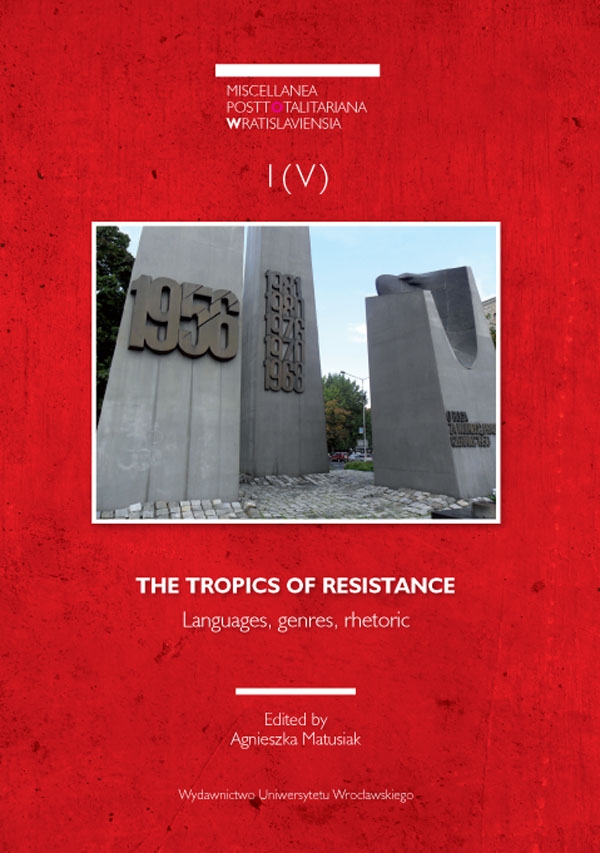

Artykuły

Unlike American historians challenging the marginalization of women since the 1970s and theorizing usefulness of gender for history, the majority of Polish historians have been rather reluctant to address gender differences. The collapse of communism and transatlantic interest in retraditionalization stimulated interdisciplinary engendering of Solidarity. This article examines how significant, though strategically invisible, Solidarity women activists of the 1980s have been represented in oral history, art, and film as well as dialogical genres such as auto/biography and a relational memoir. Questioning of mythical visions of Solidarity, focused on men and class, has initially been resisted, but encouraged a debate about gender stereotypes in Poland. The early “archive fever” followed by a recent surge in transgenerational life writing on women oppositionists exploring gender along with ethnicity, class, and age has helped to construct multi-layered portraits of anti-communist resistance. The analysis of the award-winning documentary, several Solidarity women evaluate critically their complicity with the posttotalitarian system, may also complicate ultranationalist narratives and fill gaps in postcolonial studies of Central Europe.